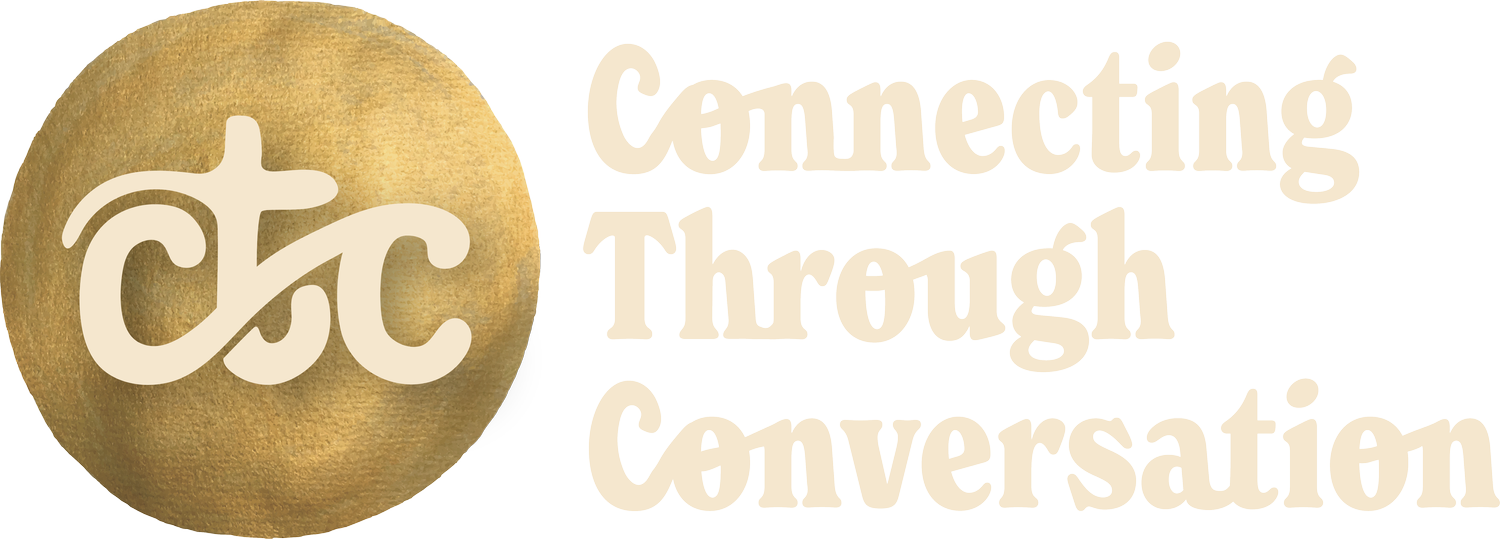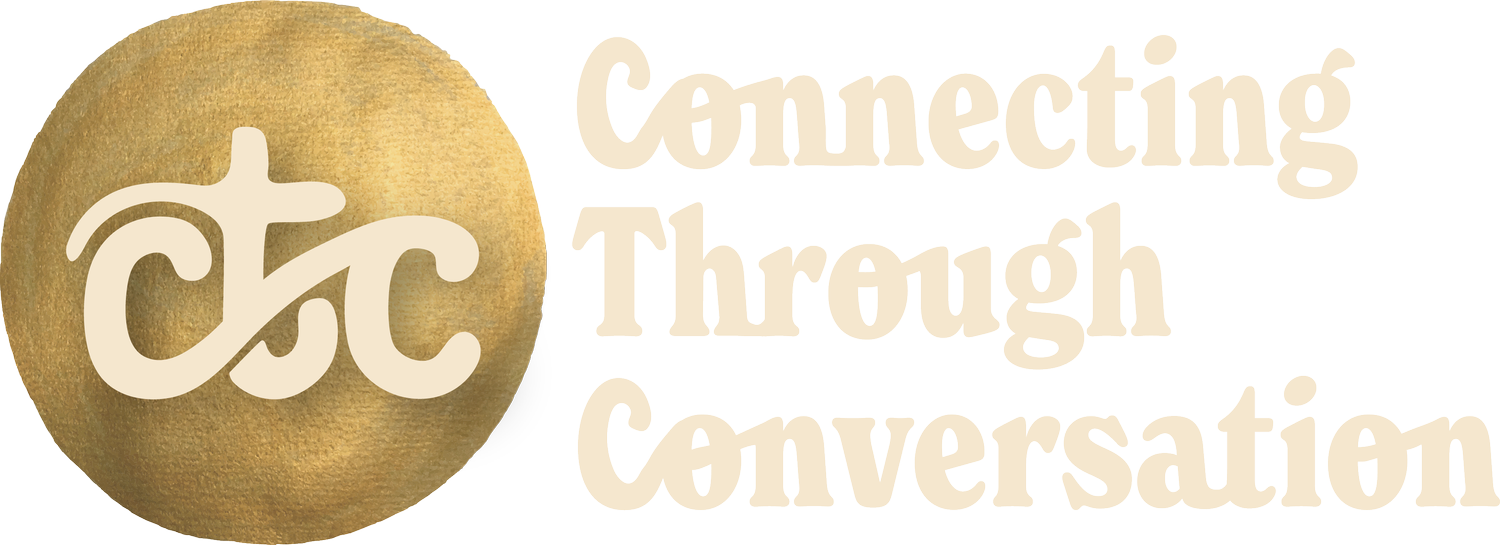Connecting with Caregivers
This time of year brings up a lot of emotions in our students, staff, and families. For some, it’s an exciting time full of anticipation and good cheer. For others who may feel more safe at school than they do at home, winter break stirs up feelings of dread or anxious energy. Either way, emotions are running high for our students and their families. We all know what can mean: ‘Tis the season for unexpected student behaviors!
When students are struggling at school with unexpected behaviors, it is critical we partner with their caregivers. Connected Communicators know how important this is, and yet, we also know how tricky this can be. This is especially true when the caregiver is likely to become heightened about their child’s unexpected behaviors. When sharing hard information, we recommend a phone call or in-person talk, instead of an email, whenever possible. If you can, it's really helpful to make sure the caregiver knows what happened before the child leaves for the day. When we have the opportunity to frame the situation for the folks at home, there are a few things you can say that will help foster a culture of connection with the family.
First, assure them their child is physically OK. This helps reduce their initial concern for their child’s physical welfare.
Next, care out loud. In this situation (and every other situation), caregivers need to hear that we care about their students - out loud. Share with the caregiver how much you like or appreciate their child.
Then, explain what happened. Share factual information about the incident and the impact.
Next, explain why you think it happened. Maybe the child was acting on impulse, or maybe they didn’t intend for the behavior to have the impact it did.
Explain what happens next. If there will be a consequence, make sure to tell them that the consequence is not meant to be a punishment, but rather a learning opportunity so the child doesn’t make the same mistake in the future.
End with caring out loud. Yes, tell them again! Make sure you let the caregiver know that even though this situation occurred, you still care about their child, and you are still going to partner with the caregiver in the future.
Even when we follow this formula, it can be hard for a caregiver to wrap their head around their child’s unexpected behaviors. Hearing that something went wrong at school can send the best of us into defensive mode. When we encounter this, it’s important for us to keep in mind that caregivers respond out of love and concern for their child.
One common caregiver stumbling block we have encountered is: What about the other kid?
Caregivers are often concerned that any consequence their student is getting is the same as another student involved, regardless of different circumstances. A Connected Communicator's response is to say that we can’t share any specific information about another student, just like we would never disclose specific information about their child. However, it is often helpful to share what typical consequences might be when students demonstrate similar types of behaviors. This might sound like “While I can’t share exactly what I did when working with this student, I can share that we absolutely took this seriously and addressed this with the student and their caregiver. In similar situations, students may be out of class for a few days.”
In our book, Connecting Through Conversation: A Playbook for Talking with Students, we provide several sample scripts when sharing hard information, along with more responses to common caregiver stumbling blocks. We hope these strategies help you continue to foster a culture of connection, ensuring that this new year is merry and bright for you, your students, and their families.

